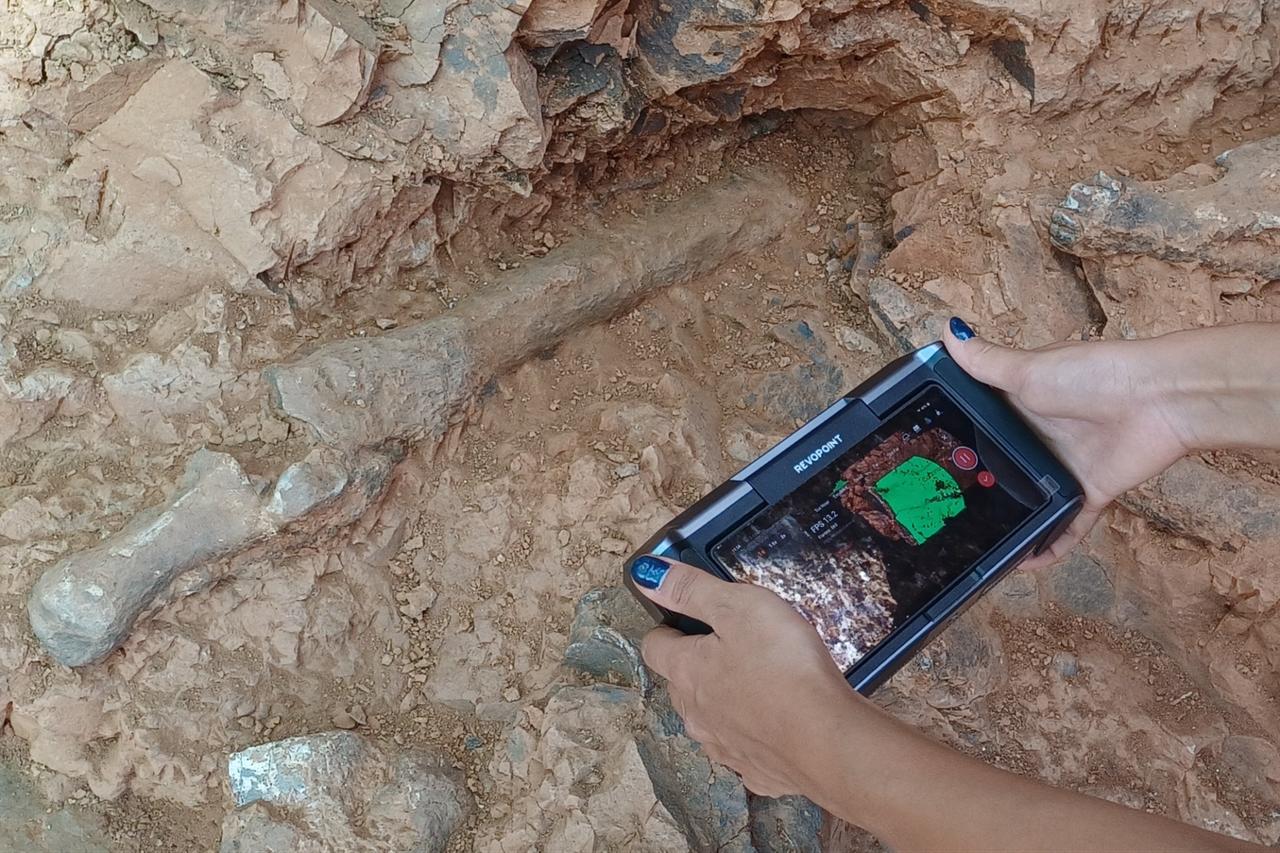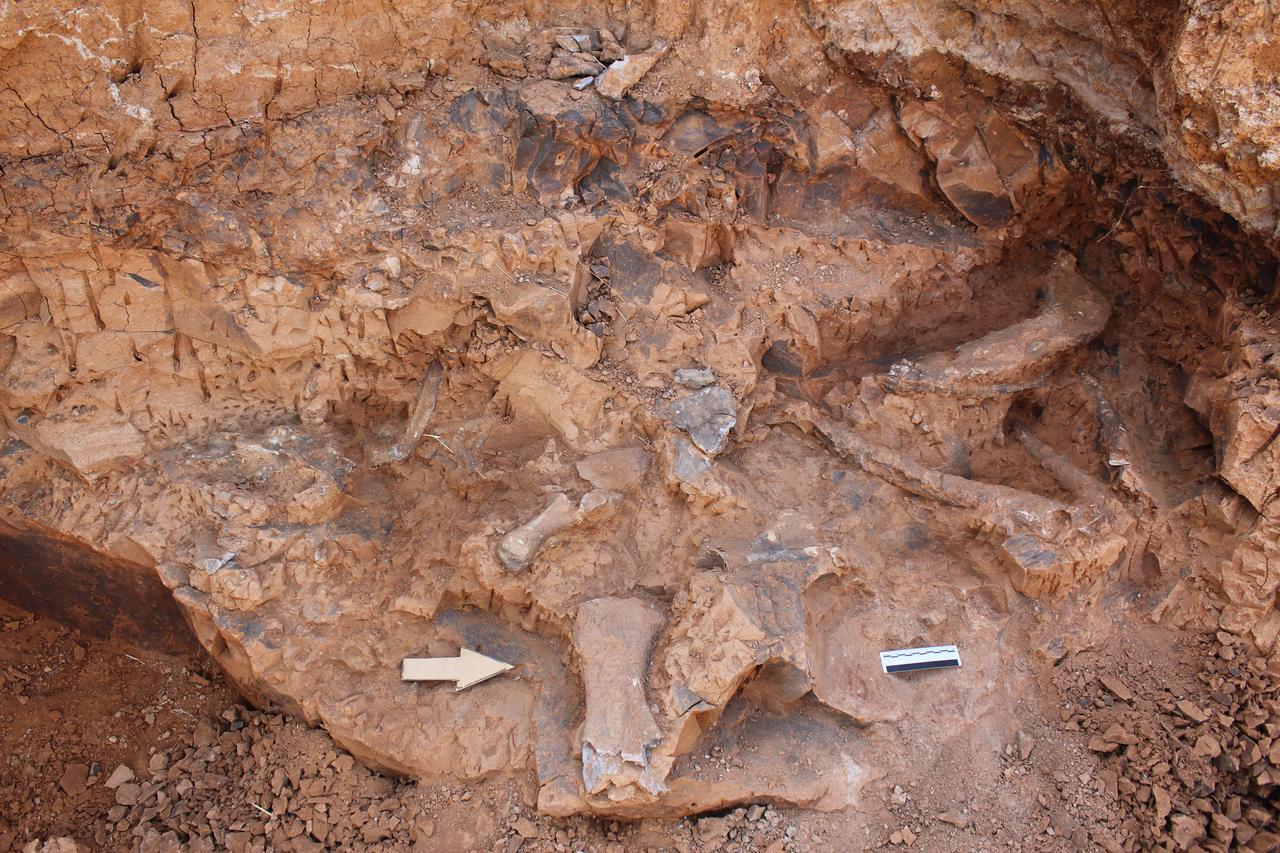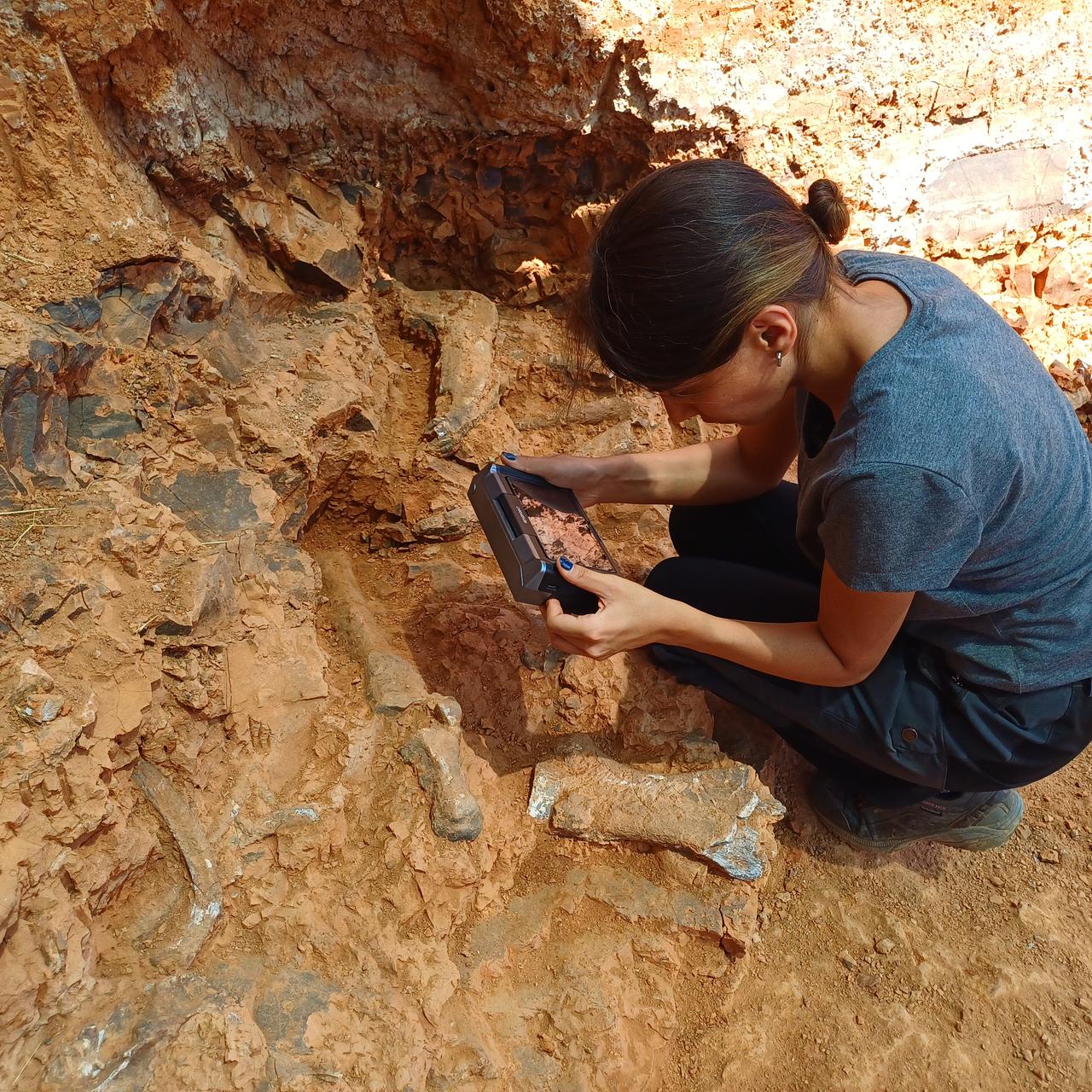
Excavations in the Tavas district of Denizli province in Türkiye have brought the confirmed fossil species count at the site to 27, with researchers saying the total is likely to rise as bird bones are studied in detail.
The fossils, dated to roughly 7 million to 9 million years ago, are being recovered from agricultural land in the Kayaca area and examined in laboratory conditions under the scientific lead of Associate Professor Ahmet Ihsan Aytek.
Aytek noted that digs have now produced about 600 identifiable fossils, with this season lasting 18 days and yielding remains from animals such as giraffes, rhinos, horses, bovids (the cattle–antelope family), hyaenas, cats, birds, reptiles and anteaters.
He said: “With the new finds the total number of confirmed species in the area has reached 27. After we study the birds, this figure will rise further.”

Researchers report two distinct giraffe species in the assemblage. According to Aytek, this points to both wooded and open environments around the site at the time, a combination consistent with the broader variety of large mammals recovered this year alongside recurring rhino, horse, and bovid remains.
Bird fossils, which rarely preserve well because their bones are thin-walled and delicate, have been found again this season. Earlier work identified two bird species; first checks on this year’s material suggest one or two additional, previously unknown bird taxa at the site.
The team expects that systematic analysis will clarify these identifications and strengthen the overall environmental reconstruction.

A tooth attributed to Varanus—the genus that includes monitor lizards—was recovered this season. Aytek explained that such evidence had previously been known from only one place in Türkiye and not from a systematically excavated area.
“Our find will yield important information about this animal and its habitat,” he said, underlining the value of a securely excavated specimen for scientific study.
Alongside standard excavation, the team has continued water-sieving that began in 2024, a method used to wash sediment through fine mesh to retrieve tiny faunal and botanical remains.
These small fragments, together with the larger fossils, are helping to refine the site’s dating within the 7 million–9 million-year window and to build a fuller view of the ancient landscape.